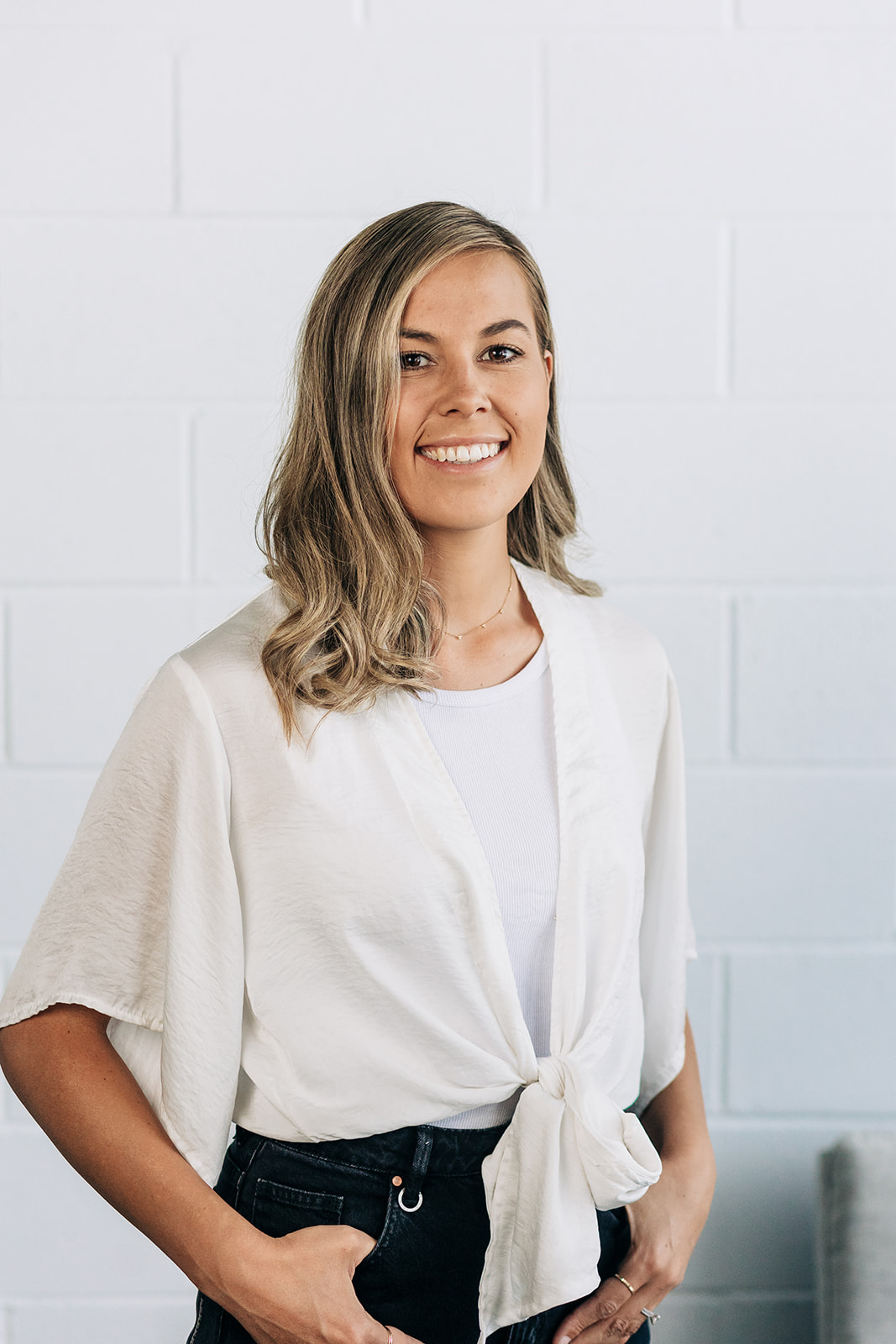Each day in the life of a therapist is unique and exciting.
My days include a range of activities, such as:
- Providing counselling and therapeutic support
- Completing admin tasks like writing letters to GPs and Psychiatrists
- Creating resources for clients
- Reading textbooks and articles
- Preparing for sessions, case conceptualising, and planning
- Attending and running group supervision
- Engaging in professional learning through webinars and online courses
A typical day varies, as I plan 4-6 weeks, allowing time for clients, admin, training, and personal errands.
I have regular days in the office for client sessions, while other days mix training, workshops, admin, business strategy, learning, networking, and creating resources or podcast episodes.
My routine:
- I walk or ride to work (when it’s sunny) around 9:30 am, sometimes starting later at 10:30 and working until 5:30/6:30. This gives me time to walk the dog and go to the gym or do yoga before work. I feel better when I exercise before a day of client work.
- I water my plants (I have an abundance of indoor plants in my office) and hit the emails. I follow up with clients, chat with our admin team, and prepare for the day.
- After lunch, I make some phone calls and do my case notes for the morning.
- After seeing another two clients, I usually take a break, walking to my local cafe for a chai tea or simply stretching my legs.
- I also set aside time for reading journal articles and professional development, working on my book, and podcasting.
Other tasks:
- Podcasting – I host the “This Complex Life” podcast, spending weekends and evenings researching guests or conducting interviews.
- Working on my youtube channel – creating resources for the community
- Running parenting workshops like “Tuning into Teens” and “Connected Teens.”
- Creating activities for my clients, especially teens, making sessions fun and engaging.
- Creating social media and blog posts, which include coping strategies, affirmations, and other tools.
- Attending networking events – The Therapy Hub hosts local Mental Health Professionals Network events every 3-4 months. I coordinate and plan these events.
I work with teens, adolescents, young adults, couples, and families, combining EMDR Therapy, ACT, Family Therapy, and couples therapy. Many clients experience anxiety and/or depression, and a significant portion of my caseload includes individuals who are sexually and gender diverse and neurodivergent.
Administrative tasks:
I’ve created tools and templates to streamline my work. I schedule admin time to catch up on notes and letters, using dictation features and note-taking tools to make the process quicker. Admin is crucial for providing quality clinical care, including writing letters, case formulations, and completing required paperwork for third-party providers.
Resource creation and professional development:
I create exercises and activities for clients to take home, such as question cards, worksheets, or mini-challenges based on our work. I enjoy crafting these resources, often using coloured paper and laminating. To stay updated, I attend networking events, watch webinars, listen to podcasts, participate in supervision, and read extensively. I dedicate about 10 hours a week to professional development.
Professional networking and learning:
- What role does professional networking play in your career, and how do you maintain connections with other mental health professionals?
- Can you provide insights into your approach to continuous learning, such as attending webinars and online courses?
I love networking, which has been a favourite activity since before graduation. I’m a member of several groups, attend events, speak at workshops, and have regular coffee catch-ups. I send out weekly newsletters to my network, updating them on my work and resources – you can sign up here.
For learning, I enjoy listening to content while walking, reading daily, and receiving newsletters from organisations with valuable resources. I balance this with content from lived experiences, documentaries, social media, and stories from those who live with the issues I encounter in my work.
Perks of the job:
I love the work I do, learning about mental health, trauma, societal challenges, neurodivergence, relationships, health, and connection. I get to see people grow, support them in their healing journey, work through relationship difficulties, and much more. Some afternoons include online training, networking, or participating in group supervision. My schedule is very flexible, allowing me to work around my personal needs and energy levels, starting later and finishing later on some days or starting earlier and finishing earlier on others.
Written by Accredited Mental Health Social Worker Marie Vakakis. To learn more about Marie, read her bio here.









Recent Comments